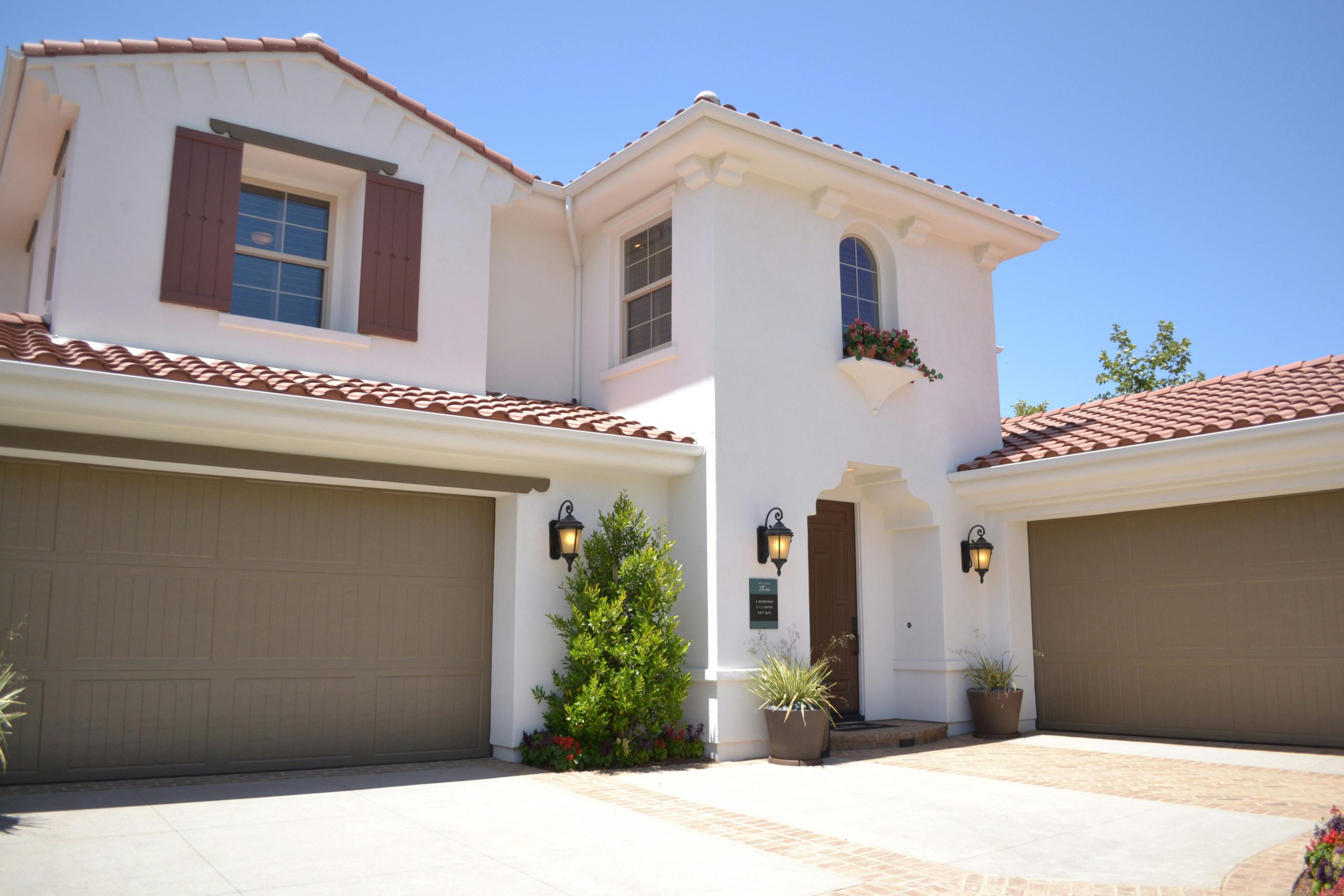The Advantages of Net Zero Homes for Off-Grid Living
A net zero or zero energy home is a residence designed and built to produce as much energy as it consumes over the course of a year. This goal is achieved through several methods, including renewable energy generation and smart energy management. Living in a net zero home allows you to create a comfortable and sustainable lifestyle. Here are some of the advantages of building net zero homes for off-grid living:
Enhanced Energy Savings
Net zero houses generate energy using renewable energy sources. Whether you prefer solar panels or wind turbines, these renewable energy sources help power your home throughout the year. The design of net zero homes allows them to generate more energy than they consume, promoting energy efficiency while reducing living expenses. The ability to produce the energy you need on-site means you can rely less on the electrical grid.
With a net zero house, you’ll require less energy to cool, heat, or power your spaces. These homes are designed to minimize energy waste by increasing thermal mass and insulating the concrete walls. If you install an approved solar system, you may also qualify for a tax credit from the federal government.
Increased Comfort
Net zero homes provide consistent comfort throughout the seasons, regardless of the weather. When building net zero houses, professionals use insulated concrete form (ICF) walls to provide superior thermal insulation. These walls have heat-absorption properties to prevent temperature swings. This allows your net zero home to remain cooler when it’s hot outside, keeping you comfortable throughout the day. The enhanced temperature regulation can lead to fewer drafts and hot spots, resulting in a more uniformly comfortable space for off-grid living. ICF walls also help reduce noise and vibration levels so you can create a less distracting home environment. They diminish outside noises, such as those from high winds and thunderstorms.
Enhanced Air Quality
Building a healthy home that relies less on the grid involves improving indoor air quality without significantly increasing energy requirements. High-performance insulation materials, such as ICF blocks, help create solid concrete walls with low air infiltration rates. They keep your home airtight, preventing outdoor pollutants like pollen, dust, and odors from infiltrating the house. This may benefit individuals with allergies. Net zero houses can also feature proper ventilation systems, such as energy recovery ventilators, to allow fresh, filtered air into the house.
Reduced Carbon Footprint
By using renewable energy and efficient building materials, net zero houses may contribute to lower greenhouse gas emissions. Your preferred renewable energy source will convert sunlight, wind, or water to generate electricity instead of relying on fossil fuels. This feature can help create a more sustainable solution for off-grid living.
Embrace Net Zero Homes for Off-grid Living
Net zero homes facilitate a self-sufficient, comfortable, and sustainable lifestyle. They are energy efficient and incorporate advanced technologies and construction materials that can help with off-grid living. These homes also allow you to reduce your environmental impact by focusing on using resources efficiently. Contact a professional builder today to build your custom net zero home.




